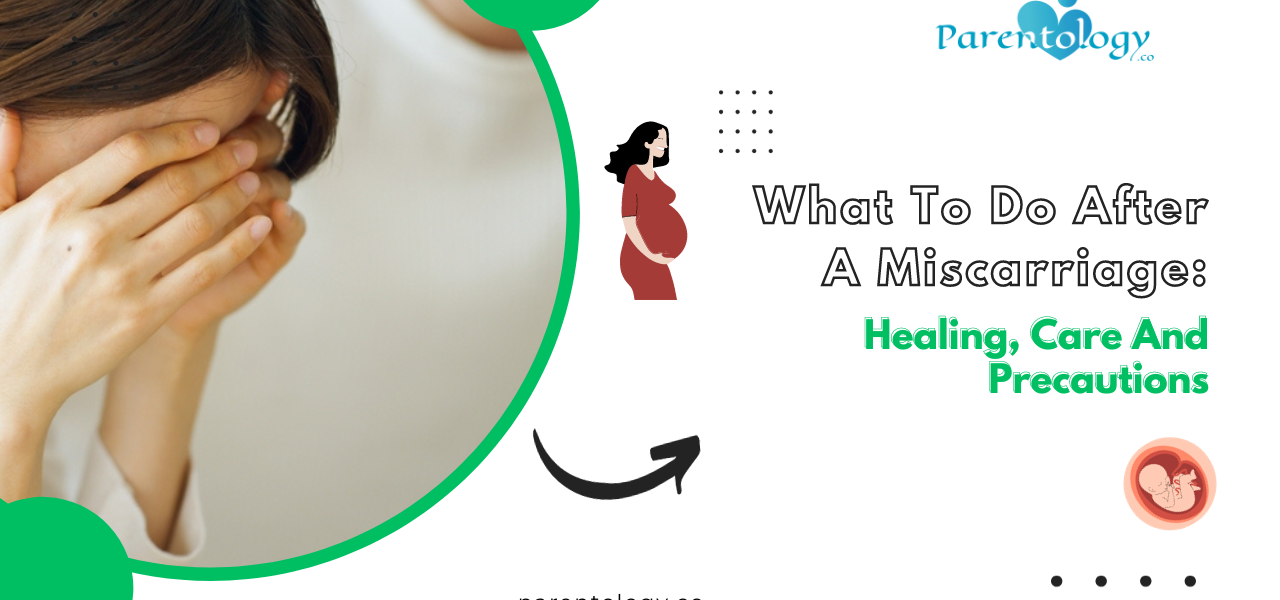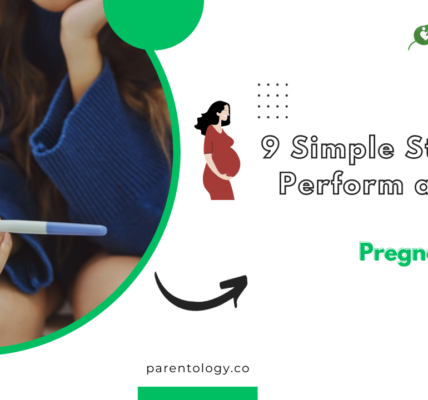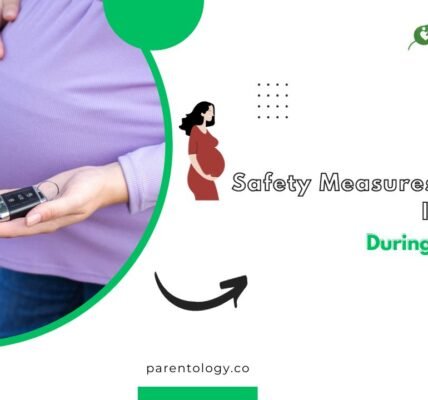How to Heal Your Uterus After Miscarriage: A Holistic Approach
Experiencing a miscarriage is emotionally and physically challenging, requiring both care and understanding. This comprehensive guide is designed to assist you in navigating the aftermath of a miscarriage, focusing on the essential steps to heal your uterus, expert tips for recovery, and precautions for a healthy healing process.
Immediate Aftermath: Seek Immediate Medical Guidance
Experiencing how to heal your uterus after a miscarriage is a challenging and emotionally taxing event, and seeking immediate medical guidance is paramount for both physical and emotional well-being. The critical hours following a miscarriage demand prompt attention to ensure comprehensive care and reduce the risk of complications.
Why immediate medical attention is crucial:
- Physical Assessment: After a miscarriage, your healthcare provider will conduct a thorough physical assessment to evaluate the extent of the miscarriage. This may involve examinations to check for any retained pregnancy tissues, assess the amount of bleeding, and ensure there are no immediate physical complications.
- Risk of Infection: The risk of infection is heightened during the initial hours post-miscarriage. Seeking immediate medical attention allows for timely intervention to mitigate infection risks. Your healthcare provider may prescribe antibiotics or recommend specific hygiene practises to reduce this risk.
- Emotional Support: Beyond the physical aspects, the critical hours are when emotional support is particularly crucial. Healthcare professionals are trained to provide compassionate care, offering guidance and empathy during this emotionally challenging time. Discussing your emotions and concerns with a healthcare provider can be a vital step in the healing process.


Rest and Recovery: Prioritising Your Body’s Healing Time
After experiencing a miscarriage, prioritising how to heal your uterus and recovery becomes essential for both physical and emotional healing. This phase gives your body the necessary time and space to recuperate, reducing the risk of complications and promoting an overall sense of well-being.
Why Rest is Paramount:
- Physical Healing: Rest plays a crucial role in facilitating physical healing. Your body has undergone a significant event, and allowing it time to recover is vital. Adequate rest helps in the natural healing of tissues, reducing inflammation, and ensuring your body can gradually return to a state of equilibrium.
- Preventing Complications: Strenuous activities can increase the risk of complications post-miscarriage. Rest serves as a preventive measure, minimising the strain on your body and reducing the likelihood of issues such as excessive bleeding or infections. This is particularly important in the immediate aftermath of a miscarriage.
- Emotional Well-Being: Rest isn’t only about physical recovery; it’s equally crucial for emotional well-being. The grieving process after a miscarriage can be emotionally taxing, and providing yourself with the gift of rest allows you the time to process emotions and navigate the complexities of grief.


Nutrition: Fueling Your Recovery
As you embark on the journey of learning how to heal your uterus after a miscarriage, paying close attention to your nutrition becomes a pivotal aspect of fostering physical well-being. A balanced and nutrient-rich diet not only supports your body’s healing process but also contributes to an overall sense of vitality during this sensitive time.
- Balanced Diet Priority: Prioritise a well-balanced diet rich in essential nutrients, including vitamins and minerals, to support your body’s healing process after a miscarriage.
- Key Nutrient Sources: Focus on incorporating leafy greens, lean proteins, whole grains, healthy fats, and colourful fruits into your meals for a diverse range of essential nutrients.
- Tissue Repair and Immune Boost: Nutrient-dense foods aid in tissue repair, boost immune function, and help stabilize hormonal fluctuations, contributing to a quicker recovery.
- Hydration and Mindful Eating: Stay adequately hydrated and practise mindful eating by savouring each bite. These habits support nutrient absorption and promote a healthy relationship with food during emotional healing.
- Consultation with a Nutritionist: Consider consulting with a nutritionist for personalised guidance, ensuring your dietary choices align with your specific needs and contribute to optimal support for your recovery.


Hydration: Nourish Your Body Inside Out
Proper hydration is a cornerstone of well-being, playing a crucial role in supporting your body’s natural healing mechanisms. Beyond quenching your thirst, staying adequately hydrated contributes to overall health and aids in the elimination of toxins, promoting a more effective recovery process.
- Cellular Vitality: Adequate hydration is crucial for optimal cellular function, and supporting processes such as repair and regeneration are essential for recovery after a miscarriage.
- Toxin Elimination: Hydration acts as a natural detoxifier, aiding in the elimination of metabolic waste and toxins from the body and maintaining a healthy internal environment.
- Circulatory Efficiency: Proper hydration ensures efficient blood flow, facilitating the delivery of essential nutrients needed for healing during the recovery period.
- Guidelines for Hydration: Drink plenty of water throughout the day, adjust based on individual needs, incorporate hydrating foods, and monitor urine colour for hydration status.
- Emotional Well-being: Hydration contributes to stress reduction and helps maintain energy levels, supporting both physical and emotional well-being during the recovery journey.


Follow-Up with Your Healthcare Provider
After experiencing a miscarriage, scheduling a follow-up appointment with your healthcare provider is a crucial step in healing your uterus, ensuring comprehensive care, and monitoring your recovery progress. Here are five key points to consider:
- Timely Evaluation: A post-miscarriage checkup allows your healthcare provider to assess your physical well-being in the aftermath of the event. Timely evaluation is essential to address any potential complications, ensuring your body is healing as expected.
- Discussion of Recovery: During the follow-up appointment, engage in a comprehensive discussion about your recovery. Share any symptoms or discomfort you may be experiencing, allowing your healthcare provider to tailor their guidance based on your unique circumstances.
- Clarification of Concerns: The checkup provides an opportunity to seek clarification on any concerns you may have. Whether related to physical symptoms, emotional well-being, or future family planning, open communication with your healthcare provider is vital for informed decision-making.
- Monitoring Emotional Well-being: Beyond physical aspects, the post-miscarriage checkup includes an assessment of your emotional well-being. Discussing your emotional state with your healthcare provider allows them to offer support, guidance, or referrals to additional resources if needed.
- Future Planning and Contraception: If you are considering future pregnancies, use the checkup as an opportunity to discuss family planning and contraception options. Your healthcare provider can provide insights into when it might be safe to conceive again and offer guidance based on your individual health status.
In essence, a post-miscarriage checkup is a comprehensive approach to recovery. It ensures that both your physical and emotional needs are addressed, setting the foundation for continued support and understanding as you navigate the aftermath of a miscarriage.


Emotional Support: Nurturing the Mind and Body
Amidst the physical aspects of recovery, nurturing your emotional well-being is equally crucial in how to heal your uterus after experiencing a miscarriage. Establishing connections with support systems—be it friends, family, or support groups—creates a foundation for navigating the intricate emotional aspects of healing. Here are five key points to consider:
- Open Communication: Foster open communication with those you trust. Share your feelings, concerns, and experiences with individuals who can offer empathy and understanding. Creating a safe space for expression is paramount in the emotional healing process.
- Professional Counseling: Consider seeking the guidance of a professional counselor specializing in pregnancy loss. Professional counseling provides a structured and supportive environment to navigate complex emotions, offering coping mechanisms tailored to your unique experience.
- Support Groups: Joining support groups for individuals who have experienced miscarriage can provide a sense of community and understanding. Connecting with others who share similar journeys allows for shared experiences, advice, and a network of emotional support.
- Partner Involvement: Involve your partner in the emotional healing process. Share your emotions and encourage open dialogue about the shared experience. Mutual support strengthens your connection and facilitates a united approach to healing.
- Self-Care Rituals: Integrate self-care rituals into your routine. Engage in activities that bring comfort and solace, whether it’s reading, gentle exercise, or mindfulness practices. Prioritizing self-care nurtures both the mind and body during the healing journey.


In essence, connecting with support systems is a fundamental aspect of emotional recovery after a miscarriage. By fostering open communication, seeking professional guidance when needed, and engaging with supportive communities, you create a network of care that contributes to the holistic healing of your mind and body.
Frequently Asked Questions (FAQs)
FAQ 1: How Long Does It Take to Heal After a Miscarriage?
Answer: The healing time varies for each individual. On average, physical recovery may take a few weeks, but emotional healing is a unique journey.
FAQ 2: Can I Exercise After a Miscarriage?
Answer: Consult your healthcare provider before resuming exercise. Gentle activities like walking may be suitable, but avoid strenuous workouts initially.
FAQ 3: Are There Dietary Restrictions After a Miscarriage?
Answer: While there are no strict rules, focus on a nutritious diet. Consult your healthcare provider for personalised dietary recommendations.
FAQ 4: What Precautions Should I Take for Future Pregnancies?
Answer: Discuss future pregnancy plans with your healthcare provider. They can provide guidance on precautions and steps for a healthy pregnancy.
FAQ 5: When Can I Try to Conceive Again?
Answer: Consult your healthcare provider for personalised advice. They will consider your physical and emotional readiness before providing recommendations.
FAQ 6: Is Uterine Healing Possible Naturally?
Answer: Yes, in most cases, the uterus heals naturally after a miscarriage. Following recommended care routines and seeking medical advice contribute to this process.
FAQ 7: How Can I Support Someone Who Has Experienced a Miscarriage?
Answer: Offer empathy, a listening ear, and practical support. Everyone’s healing journey is unique, so be patient and understanding.
FAQ 8: Can Stress Affect Uterine Healing?
Answer: High stress levels may impact overall well-being. Practise stress-reducing activities like meditation or gentle yoga, and prioritise self-care.
FAQ 9: Are There Warning Signs of Complications After a Miscarriage?
Answer: Contact your healthcare provider if you experience severe pain, excessive bleeding, or signs of infection. Prompt medical attention is essential.
FAQ 10: How Can I Cope with Grief After a Miscarriage?
Answer: Grieving is a personal process. Seek professional counseling if needed, and allow yourself the time and space to navigate your emotions.
Conclusion
The process of how to heal your uterus after a miscarriage involves a holistic approach—addressing both the physical and emotional aspects. By following expert tips, caring for your body, and taking necessary precautions, you can embark on a path to recovery. Remember, every individual’s journey is unique, so prioritize self-care and seek the support you need. For additional resources and support, visit Parentology.





